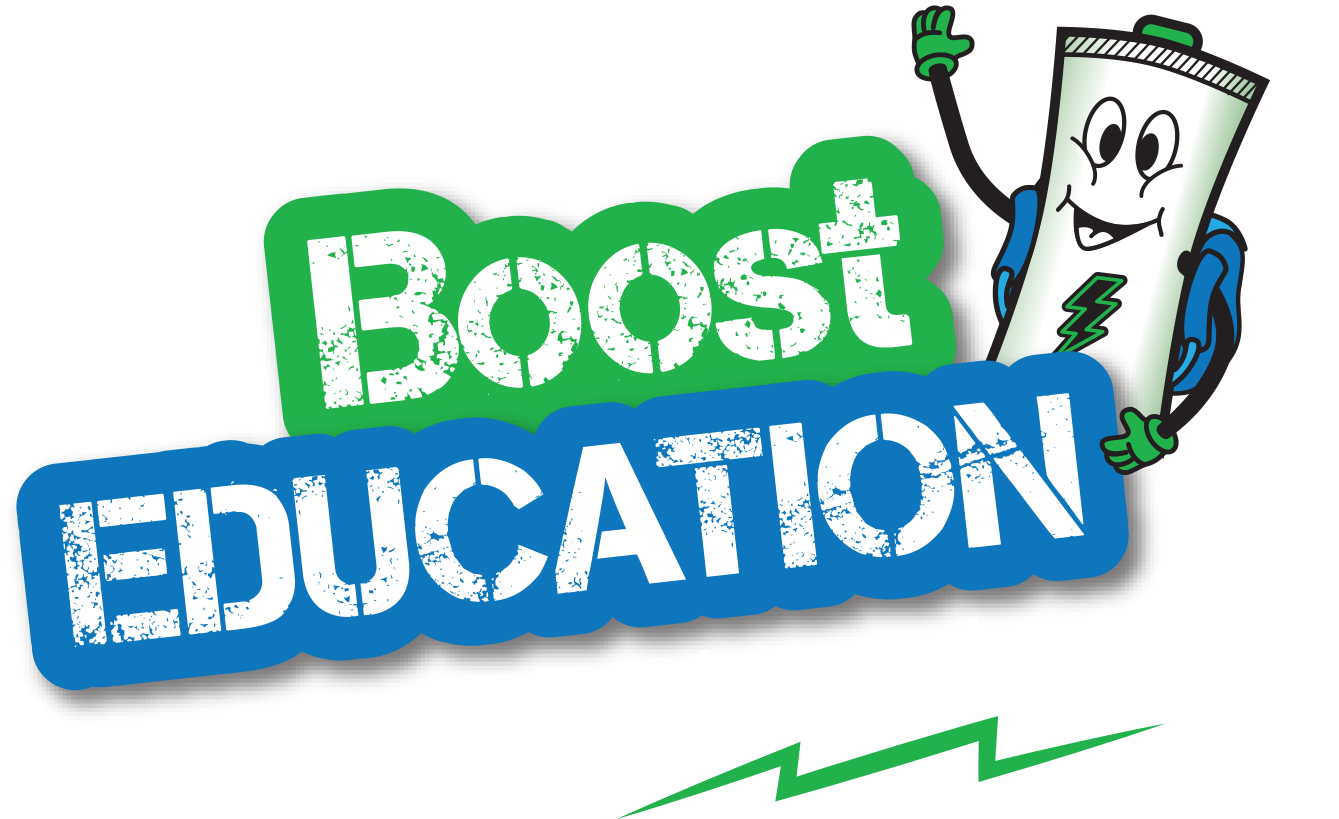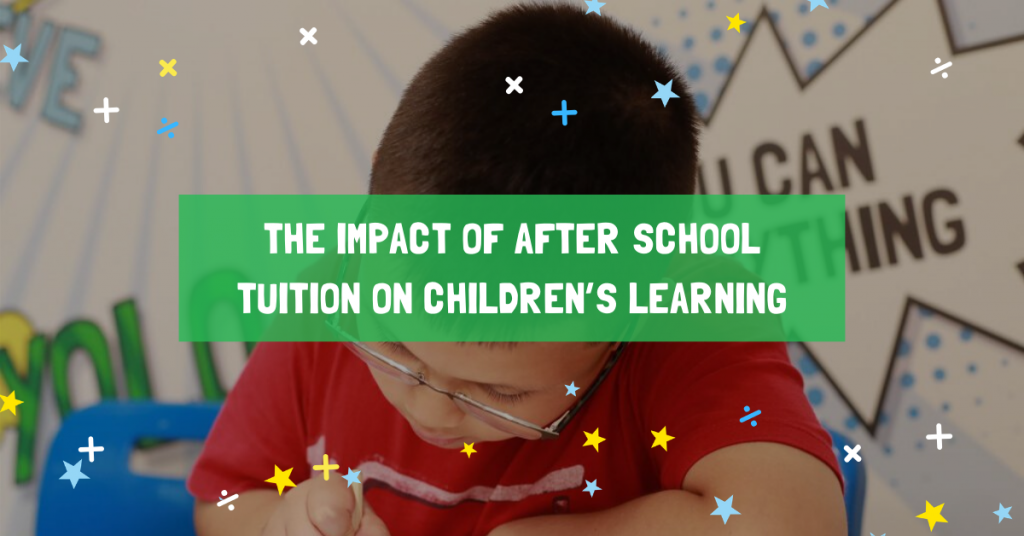Changes such as the requirement for students to learn Mathematics at an earlier age, and a more in-depth focus on Science has led to a steep rise in personalised after school tuition services in the UK. Since 2005, UK pupils making use of the services of professional tutors and agencies have risen by more than a third, from 18% to 25%.
This rise in tuition services has made many teachers and headmasters uncomfortable, saying that it has become an unregulated, multi-billion pound industry. Others argue that it is helping kids find the personalised attention so many need to thrive in an often uncertain education system. Let’s take a closer look.
Why is after school tuition on the rise?
Recent changes to Britain’s education system has had some of the most far-reaching effects seen in many decades. Yet, while the slimming down of content in almost all subjects are described as a way to provide “…the essential knowledge and skills every child should have“, many in the system feel that more can be done to help our children receive a well-rounded education.
Contrary to some beliefs that tuition services are a form of hot-housing students with too much focus on passing exams, the truth is that many students are finding an invaluable resource in tuition services. While traditional schooling systems play a central part in the development of young minds, it is rational to think that many children do not rise to their full potential in institutionalised learning environments.
The reasons for this can be various. Very often young learners simply struggle to adapt to school cultures, structures and learning processes. School can often be distracting for kids who feel overwhelmed to fit in and make friends, in lieu of focusing on obtaining a good education. It isn’t always the case that kids can’t grasp a given subject on an intellectual or cognitive level, but rather that external factors present in schools distract them from learning.
Catering to learners’ personal requirements
Private tuition can act as a healthy counterweight to distractions kids face in everyday school life. For example, it gives learners a chance to ask questions they may have issues articulating in front of an entire class. The fear of getting things wrong and ensuing judgement from peers can be enough to quell even the brightest mind. And while one can sympathise with a teacher’s requirement to get on with the curriculum, many students fall by the wayside when personalised and more attentive approaches to learning are absent.
The example of Brighton student, Anna Ossella who suffers from dyslexia and had trouble with English through primary school, is an example of how tutorship can give potential high-achievers a level playing field in education. “My teachers didn’t really know anything about dyslexia: if you asked them to help you when you didn’t understand something, they would just explain things using the same words but at a slower pace. I needed things explained differently.”
After finding the help of a tutor who was able to accommodate Anna’s pace and requirements, she went on to score the GCSE grades needed to enroll in nursing school. According to the now college student, after-school tutorship may have been uncommon when she needed it, but today, more kids are turning to personalised educational services to cope with learning workloads.
Helping UK learners keep up in an increasingly globalised planet
The UK government’s decision to reform the national curriculum across primary and secondary schools was partly to keep in line with standards set by leading countries such as Norway, Canada, Singapore and the U.S. While ambitious, some experts say that the reforms are putting pressure on British learners to learn complex mathematical concepts up to two years earlier than their peers in countries with higher quality education systems.
For example, in Finland, learners are only exposed to basic fractions when they are seven, while in the UK, kids are expected to tackle the same concepts at ages as young as five. Also, expectations are higher in the UK on subjects such as Science, with kids expected to familiarise themselves with it at a far earlier age.
In this backdrop, it isn’t hard to see why more and more parents and students are looking to after-school tuition as a means to help their kids succeed in life. As more pressure is placed on young minds, they’ll undoubtedly need to be afforded the time to learn and develop in a way that is both natural and nurturing. And this is the Boost Education way: to make learning a rewarding, collaborative and personalised experienced for every student that walks through our doors. We make sure every student receives the attention, resources and support they need to thrive and unfold their potential in their unique way.
To learn more about how we’re helping learners across the UK meet their academic potential, contact your local Boost Education centre today.








